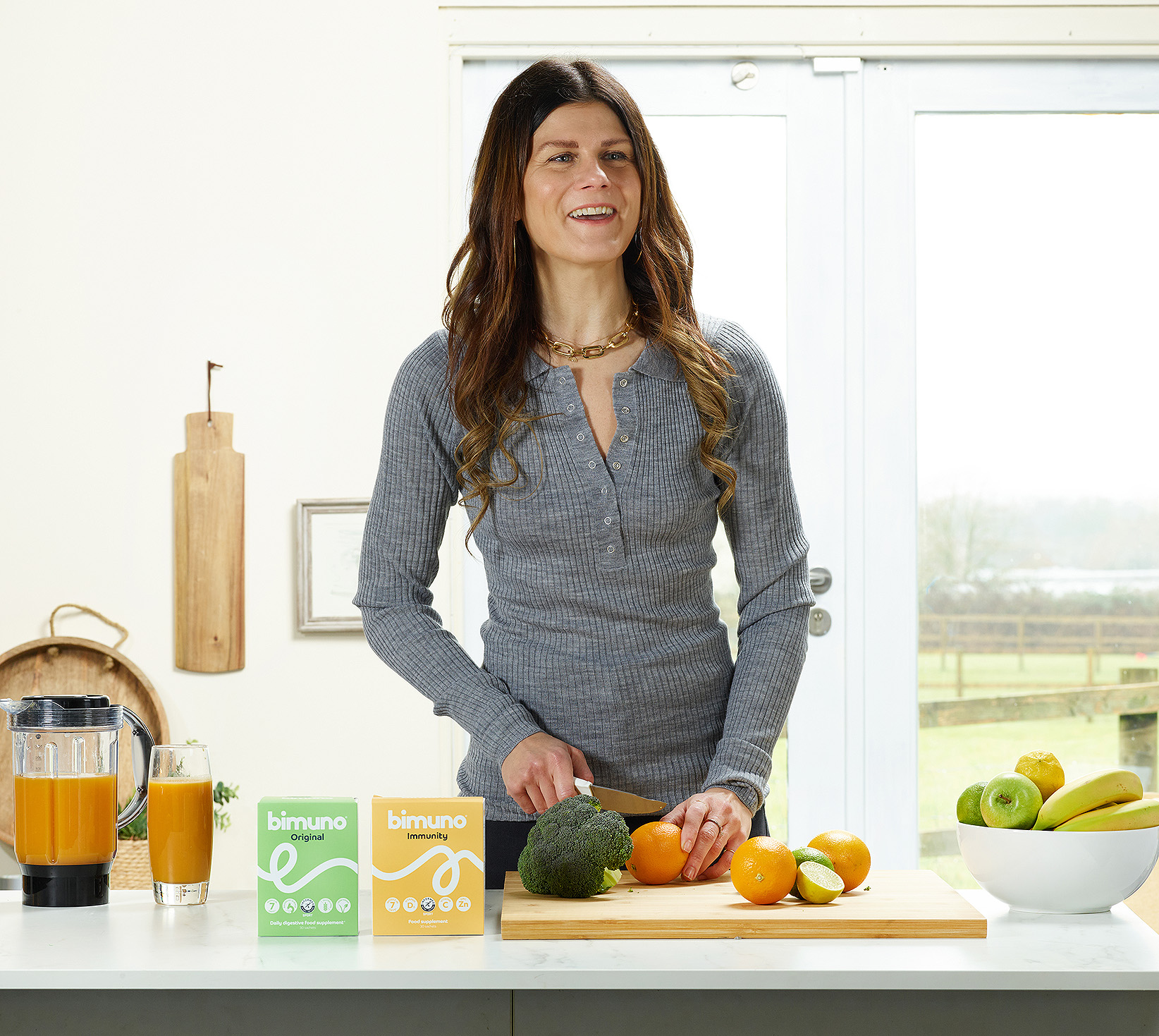
There are many impressive stats related to our gut, such as we house some trillions, yes TRILLIONS, of microbes in our microbiome and the fact that we produce large amounts of neurotransmitters, like serotonin, that have a role in our mood.
However, many of you might be really surprised to hear that the gut is our largest immune organ, accounting for around 70-80% of our immune cellular hard wiring in the body. Whilst other physical and mucosal barriers are working to protect us, including the skin and saliva, most of our body’s natural armour is located within the gut!
Here’s how it works…
GUT GROUND CONTROL
First, let’s look at GALT, or gut-associated lymphoid tissue, which is scattered throughout our gut and essential to our gut’s immune system. GALT relies on intricate conversations between our gut microbiome and immune cells to distinguish friend from foe and act appropriately.
Our gut microbiome has a leading role, including producing substances that it uses to signal directly to immune cells and providing a ‘boot camp’ to educate our immune cells to differentiate between beneficial and potentially pathogenic microbes. The gut microbiome’s role is therefore paramount for healthy immune system regulation and why we need to take extra care to help nourish and support it.
LINE OF DEFENCE
The other crucial layer of the gut-immune link lies in the intestinal epithelial barrier, which is just one cell thick. This barrier is essentially what separates our external world from our internal one, and it also has a rather paradoxical role in that, on the one hand, it needs to be permeable enough to extract the nutrients from our food, but on the other, it also needs to watch out for potentially harmful molecules.
This is why we need to aim for a gut barrier that is both flexible and simultaneously vigilant.
SUPPORTING OUR INTERNAL ARMY
Supporting a healthy gut-immune response is a multi-factorial process. Here are some of the ways we can help this…
- AIM FOR 30-PER-WEEK in terms of our plant food intake, as this naturally increases our overall plant diversity, supporting a more diverse gut microbiome and immune system. This can be from vegetables, fruit, whole grains, nuts & seeds, spices, and herbs. With this in mind, consider making nut & seed mixes you can sprinkle over soups, salads, cooked vegetables, overnight oats and more. Vegetable boxes are another really easy way to get some natural rotation. Or try making my plum & hazelnut bars that include ten different types.
- INCLUDE GUT NOURISHING FOODS – such as organic bone broth, fermented foods, all types of mushrooms, especially the funkier ones like shiitake as well as pumpkin and sunflower seeds, Brazil nuts, salmon, mackerel, prawns, butternut squash, sweet potatoes, spinach, apples and spices such as turmeric that contain vitamins, minerals, polyphenols, amino acids and types of fibre that all help to support the health of the gut and the immune system. Try making up a stewed apple compote with cinnamon that you can serve alongside breakfast or as a tasty snack. Broths are also great in the winter months to give that instant feel-good factor, and here’s my shiitake, leek and seaweed one if you want some inspiration.
- INCLUDE KEY CO-FACTOR NUTRIENTS such as vitamin C and zinc, which are really important for the immune system’s health. Vitamin C is found in strawberries, kiwi, avocado, broccoli, rocket, all types of peppers, spinach and citrus fruit. The less cooked, the better when it comes to vitamin C, as it is impacted by heat. Zinc is abundant in shellfish, pumpkin seeds, hemp seeds, cashew nuts and traditional hard cheese, which also boosts beneficial gut bacteria! Luckily, Bimuno® Immunity also contains vitamin C and zinc to help meet your daily quota. And if you want a recipe that combines some of the above, check out my panko crab cakes.
- LET THE SUNSHINE IN, as this is a key component of how our body makes vitamin D. Ideally, aim for 20 minutes of unexposed skin daily. This can be trickier in winter as the sunshine is not as strong, so if you live in the UK, you may consider taking supplements. Furthermore, the benefits of being outside and in nature help us to manage the effects of stress, which leads nicely to the final point…
- PRIORITISE REST, as too much stress and insufficient sleep can impinge on the health of our immune system. Allowing sufficient time before we go to bed without the devices in sight can help cultivate a more restful night’s sleep. Aiming for an hour or so of winding down before hitting the pillow would be ideal. Alongside this, try to include some daily meditative practices such as breathing exercises, gentle yoga, or straight-up meditation, which have many associated benefits, including supporting the gut and the gut-immune link.
The result of years of research, Bimuno® Immunity is a daily food supplement that can be added to drinks or sprinkled over food, helping restore gut balance in just seven days*. It works by feeding and stimulating the growth of good bacteria in the gut, including the important bifidobacteria, which limits the space for potentially bad bacteria.
Take a 1-month trial for just £24.99 or try the best value subscription offer from £44.98 for a three-month supply.
By Eve Kalinik, Nutritional Therapist

